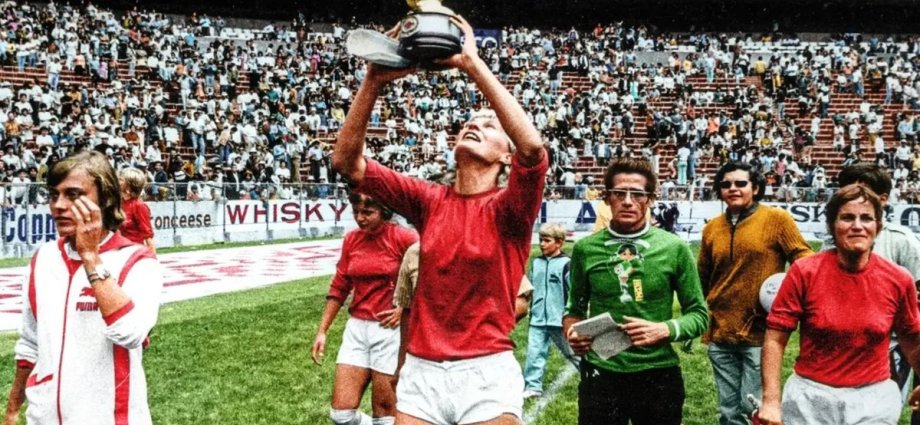From “raucous crowds” and “widespread television coverage” to a “semi-final ending in a full blown punch-up”, this story “needs to be seen to be believed”.
That was how Kathryn Batte described the 1971 Women’s World Cup football tournament in Mexico in the Daily Mail. And Kevin Maher in The Times called it an “incendiary account” that must be added to “the list of great football documentaries”.
“Copa 71” details the tournament through archive footage and contemporary interviews with the players. “It’s a joy to listen to their memories”, said Peter Bradshaw in The Guardian, including how they were “badly treated afterwards by the mediocre menfolk”.
Sign up for The Week’s Free Newsletters
From our morning news briefing to a weekly Good News Newsletter, get the best of The Week delivered directly to your inbox.
From our morning news briefing to a weekly Good News Newsletter, get the best of The Week delivered directly to your inbox.
England, now known as the “Lost Lionesses”, had to compete in the tournament as the “British Independents” because in 1921 the Football Association (FA) had effectively banned women’s football. It had famously stated that “the game of football is quite unsuitable for females and ought not be encouraged”, and that ban remained in place for 50 years.
Six national teams took part in the 1971 tournament – England, Mexico, Argentina, France, Italy and winners Denmark. It was funded and promoted independently and “defiantly held outside Fifa’s pompous auspices”, said The Guardian. “The capacity crowds” – of more than 100,000 – and the “euphoric atmosphere were staggering.”
The contrast between the warm welcome the players were given in Mexico and their reception back in their own countries couldn’t have been greater. “Every team returned home to a ‘sense of nothingness’,” said the Daily Mail, with “the tournament erased from consciousness”. England’s players were banned again by the FA, “those under 16 for three months and those over 16 for six months”. Their manager, Harry Batt, was banned for life.
Serena and Venus Williams are executive producers of the film: “two of the greatest female athletes of all time” who want “to promote stories which deepen our understanding of the history of women’s sport”, co-director Rachel Ramsay told the BBC.
Many people told Ramsay that the concept of a sports film without one winner that everyone’s rooting for wouldn’t work. “I think the winner is the tournament itself, the fact that it happened, and the shared experience of those women together is a huge part of the film,” she said.
To continue reading this article…
Create a free account
Continue reading this article and get limited website access each month.
Already have an account? Sign in
Subscribe to The Week
Get unlimited website access, exclusive newsletters plus much more.
Cancel or pause at any time.
Already a subscriber to The Week?
Unlimited website access is included with Digital and Print + Digital subscriptions.
Create an account with the same email registered to your subscription to unlock access.











